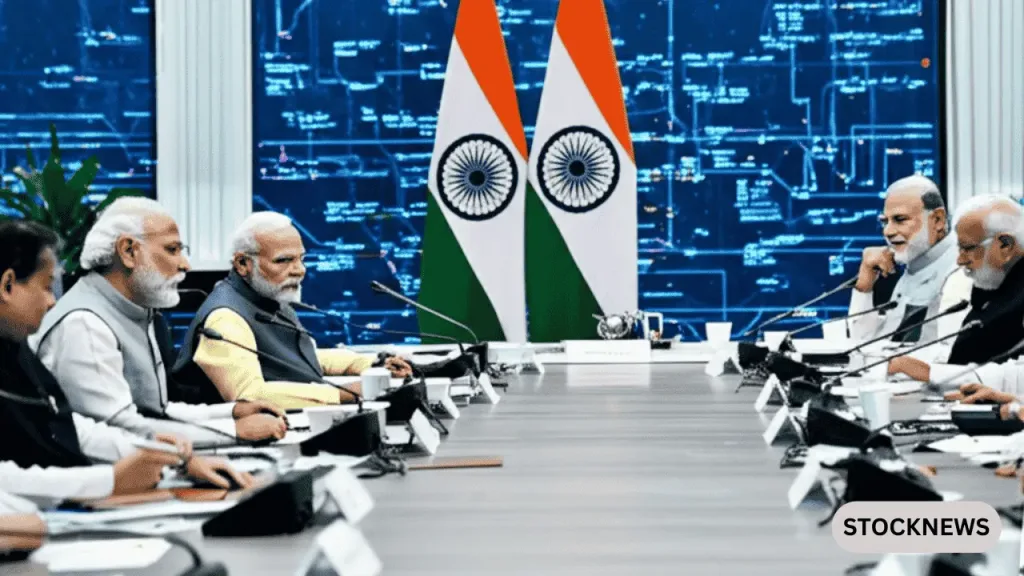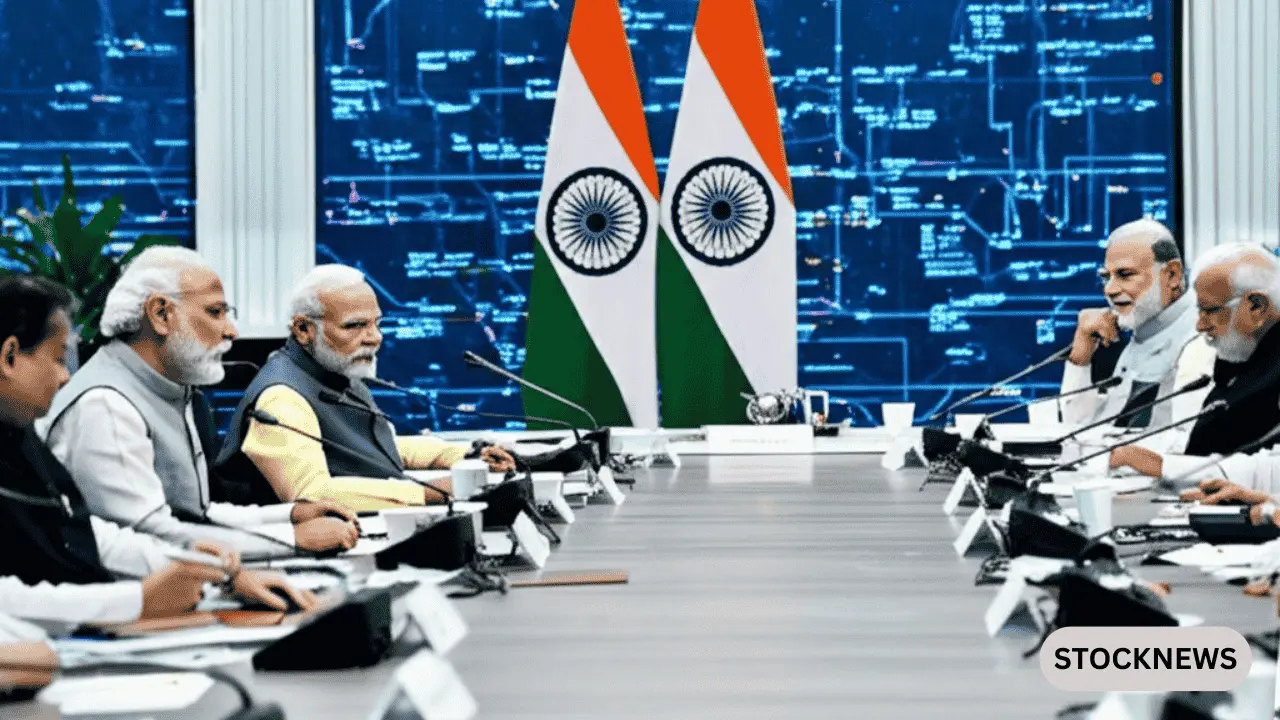New Delhi — In the wake of the recent terror attack in Pahalgam and growing concerns over cross-border security threats, India has undertaken a major strategic shift by restructuring its National Security Advisory Board (NSAB), signaling both domestic resolve and international readiness. The move comes at a time of heightened tension with Pakistan, as Indian intelligence and security circles anticipate potential escalations within a narrow timeframe.
Sources within the Indian security establishment confirmed that two high-level meetings—one of the Cabinet Committee on Security (CCS) and the other of the Cabinet Committee on Political Affairs (CCPA)—were convened under Prime Minister Narendra Modi earlier this week. These gatherings, involving the country’s top ministers and national security officials, are reminiscent of the government’s swift response following the 2019 Pulwama attack and are being dubbed a “super cabinet” meeting due to their unprecedented scale and urgency.
The most consequential outcome of these deliberations is a leadership overhaul of the NSAB. Former Research and Analysis Wing (RAW) chief Alok Joshi has been appointed as the new chairman. Known for his extensive experience in external intelligence and counter-terror operations, Joshi’s appointment is seen as a calculated move to reinforce India’s strategic and security advisory framework in light of emerging hybrid threats—including cyberattacks, drone infiltration, and propaganda warfare.
“This is not just a bureaucratic shuffle,” a senior official privy to the matter said. “It’s a strategic recalibration driven by both domestic imperatives and geopolitical necessity.”
Understanding the NSAB’s Role
The NSAB is an integral arm of India’s broader national security architecture. Functioning under the National Security Council (NSC)—which is chaired directly by the Prime Minister—the board is tasked with providing long-term strategic analysis, multidisciplinary advice, and policy recommendations on security and foreign affairs. While its recommendations are advisory in nature, they significantly inform the decision-making of National Security Advisor Ajit Doval and, by extension, the PMO.
The reconstitution of the board comes at a time when Pakistan’s military has been directly implicated in the Pahalgam terror attack, one of the most severe assaults in recent years. The response from Islamabad has only deepened India’s strategic concerns. A statement by a Pakistani minister suggesting that India might launch a military strike within 24 to 36 hours has further inflamed the atmosphere.
Who’s on the New NSAB?
The newly restructured NSAB now includes seven members, each bringing expertise from a range of disciplines:
- Alok Joshi (Chairman): Former RAW chief, expert in external intelligence and counter-terrorism.
- Air Marshal P.M. Sinha (Retd): Veteran in aerial strategy and operations.
- Lt. Gen. A.K. Singh (Retd): Ground operations and military logistics specialist.
- Rear Admiral Monty Khanna (Retd): Maritime security and naval warfare expert.
- Rajiv Ranjan Verma (Retd IPS): Expert in internal policing and counter-radicalization.
- Manmohan Singh (Retd IPS): Specializes in law enforcement coordination and terror funding.
- B. Venkatesh Verma (Retd IAS): Former diplomat with deep experience in strategic and nuclear diplomacy.
The board’s new mandate is expansive but clear: deliver real-time, actionable advice on hybrid warfare, internal radicalization, cyber defense, and cross-border terrorism. The board is also expected to guide India’s strategic deterrence posture and recommend rapid technological upgrades, especially in the context of maritime security.
Political and Diplomatic Undercurrents
The timing and composition of the board are politically significant. The opposition in Parliament has called for a special session to discuss the Pahalgam attack, with leaders across the aisle demanding a united response to terrorism. By holding back-to-back security and political affairs meetings, the Modi government has signaled both decisiveness and continuity in its hardline stance on national security.
Internationally, India’s restructuring of the NSAB serves as a message to allies and adversaries alike. It underscores New Delhi’s preparedness to take unilateral strategic action, if necessary—a move that could range from diplomatic isolation to covert military operations against Pakistan-backed terror infrastructure.
Moreover, the revamp aligns with recent policy decisions such as revisiting the Indus Waters Treaty, tightening border protocols at Wagah, and enhancing cyber surveillance. These steps collectively point toward a broader security doctrine—one that places a premium on deterrence, technological modernization, and seamless coordination between diplomatic and defense arms.

A Warning and a Signal
The overhaul of the NSAB is more than a routine administrative change. It is a strategic signal—domestically, that India will not tolerate further attacks without a robust response; and internationally, that the country is shifting toward a doctrine of proactive security and strategic autonomy.
As tensions with Pakistan continue to simmer, and as the security apparatus braces for potential escalations, the NSAB’s reconstitution may well be the cornerstone of a new era in Indian national defense policy—defined by foresight, agility, and a refusal to be caught off-guard.
